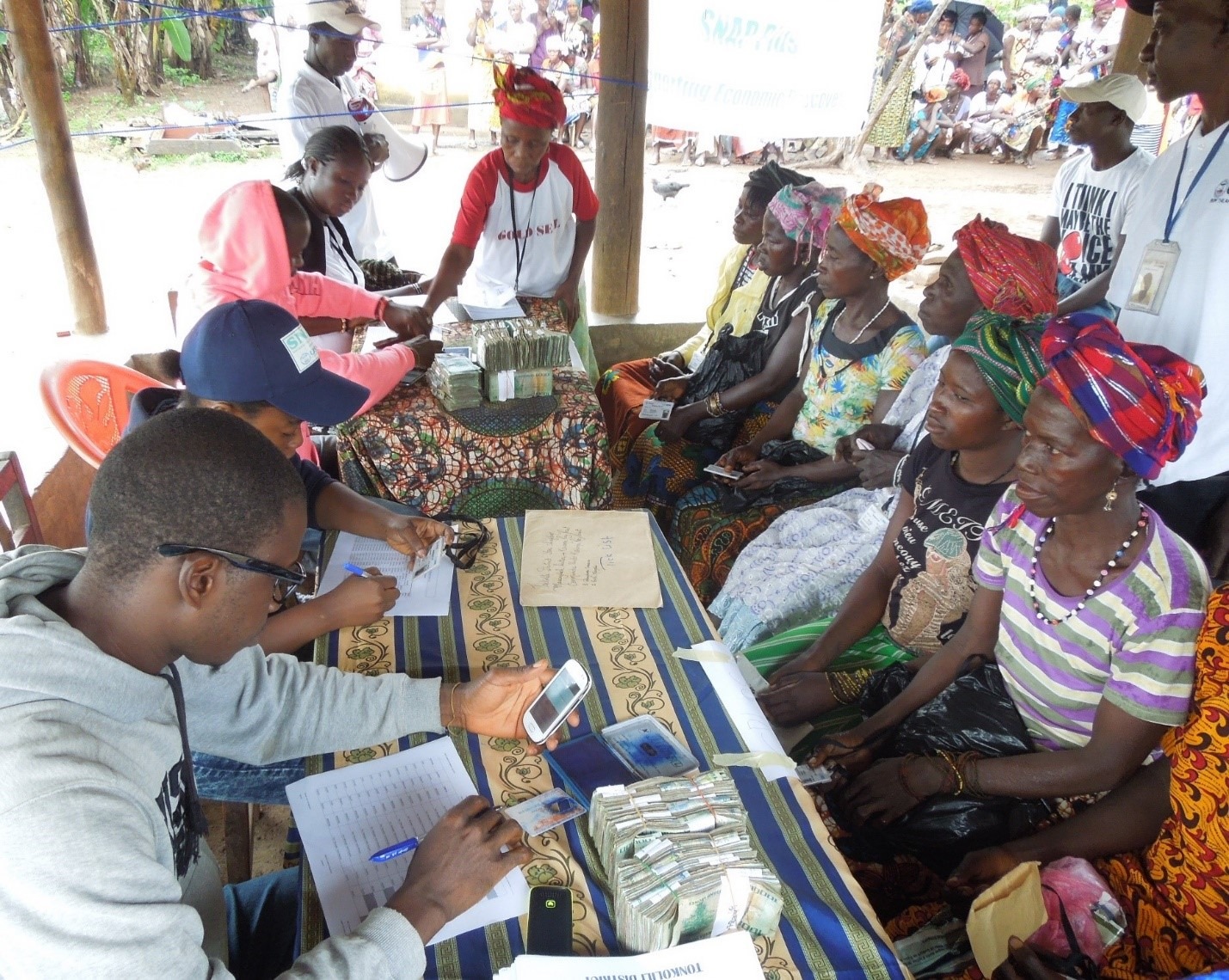
When I was a child, before the advent of Quicken or finance software, my dad would pull out the handwritten ledger and impress upon me how we spent our household income throughout the year. In high school, I was required to take a personal finance class to learn skills like balancing a checkbook. I know that money does not grow on trees, and that carrying a credit card balance isn’t fiscally prudent. But I wasn’t born with this knowledge; I was carefully taught.
At ACDI/VOCA, we focus on income generation as a means for communities to get out of poverty. Our agriculture projects apply a market systems approach, and we include women in all areas of our work. But there’s one caveat. Income alone does not guarantee the improvement of household nutrition.
We train households in the importance of healthy diets and hope that higher incomes will lead to the purchase of nutritious foods and other nutrition-related expenses, like school fees or health services. We want to build financial resilience so that families have resources when unforeseen events happen, like illness or drought. And we want households to stay out of poverty and avoid accumulating debt.
The reality is that many households living in poverty have no savings. When money comes in, it’s spent on immediate needs. Observations show that even when incomes increase, these spending habits are not quick to change. Additionally, women in these communities traditionally have little control over spending decisions. Supporting gender equity in these communities is crucial because when women have control over spending decisions, household nutrition improves.
To create more nutritional impact from increasing incomes, ACDI/VOCA developed a household budgeting curriculum. This curriculum emphasizes the prioritization of medium- and long-term goals, shared decision making, and the purchase nutritious foods. To make the lessons more learner-friendly, main concepts appear as visuals, such as a tree with roots representing incomes sources coming into the household and branches representing expenses leaving the household.









